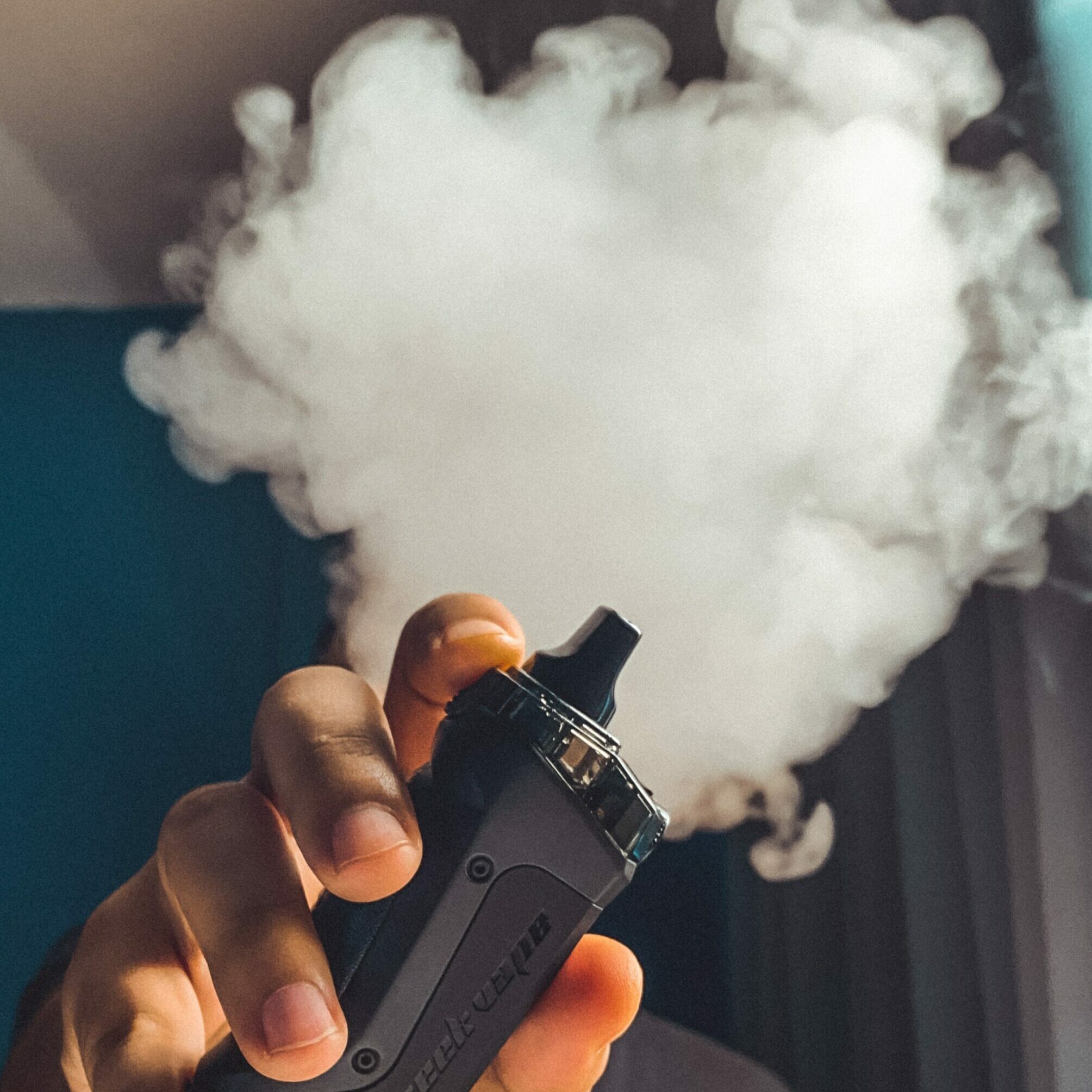Boulder pot shops push back on proposed vape tax expansion

Friday, June 11, 2021
A tax originally intended to curb teen tobacco use may be stretched to include vapes used to smoke marijuana — angering cannabis retailers who believe the measure was pitched and passed with an explicit exemption for weed. Now, though, the city is arguing that all electronic smoking devices — regardless of what eventually goes in them — should bear the additional, hefty cost.
The “Tax on Tobacco Vaping Products
” was proposed in 2019 amid a community and council response to super-high rates of vaping
among BVSD students. Voters approved it overwhelmingly: 79.67% to 20.33%.
The ballot language said it would apply to electronic smoking devices as defined in the Boulder Revised Code. Section 6.4-5.1 spells it out as “any product containing or delivering nicotine … used by an individual to simulate smoking in the delivery of nicotine or any other substance.”
City staff are focusing on the second part of the definition. Pot shops, however, say that’s too broad of an expansion on a law clearly aimed at nicotine products.
They’ve got some strong evidence on their side. The entire discussion around the tax revolved around teen smoking, not pot use. The marijuana industry did not have a significant presence in the multiple, hours-long discussions council held in 2019 when contemplating the tax, because at no point was pot part of the conversation. Two separate city webpages about the tax state that marijuana products are exempt.
Technically, it still would be. In pre-filled devices, the liquid itself won’t be taxed if it contains TCH. But the device will — at 40%.
“The retailer would charge the normal 3.86 percent sales and use tax on both the device and the marijuana,” staff wrote in notes to council, “and an additional 40 percent tax on the ESD at the time of sale.” Empty devices would be taxed at 40%, too.
The Boulder Chamber, arguing on behalf of the city’s cannabis businesses, wrote to city council that the proposed expansion of the tax violates the spirit of the law.
“Voters approved an additional sales tax be applied to tobacco or nicotine
vaping products,” wrote Andrea Meneghel, the Chamber’s policy director. “They were not asked, nor did voters approve, if an additional tax should apply to cannabis vaping products.”
The Colorado Cannabis Manufacturers Association, Marijuana Industry Group, Terrapin Care Station and others in the business made the same argument to the city.
“Given the messaging around this initiative,” industry reps wrote, “voters could have only understood this tax to exclusively apply to tobacco products and could not have reasonably assumed that this applied to cannabis devices or products.”
Additionally, while staff wrote that devices “can be used for any substance” — and should therefore be subject to the tax — marijuana companies claim that vapes are product-specific.
“Vape batteries for cannabis are designed and manufactured specifically for use with cannabis oil which pair only with designated cannabis oil cartridges, as a system,” wrote an unnamed source, passed along to city council via Meneghel’s email. “The items sold in a cannabis dispensary are custom for cannabis oil solutions, and are not the same as those used to vape nicotine.”
“A cannabis vape device is incapable of being used for nicotine vaping,” wrote another anonymous business member.
(Author’s note: Casual internet searches reveal multiple queries about using weed vapes for non-cannabis e-juice. Answers seem to confirm that batteries and a different in liquid viscosity may cause performance issues. It does not appear impossible to use a marijuana vape for non-marijuana purposes, though there were many cautions and considerations. These are not confirmed or vetted sources and therefore should be taken with a grain of salt.)
Staff, in notes to council, downplayed possible impacts to businesses if the tax is expanded to include all sellers of all electronic smoking devices; or ESDs, as they are referred to.
“
For the eight smoking accessory and tobacco retailers that have been correctly paying the ESD tax since July 2020 through March 2021,” they wrote, “total gross sales have increased 18%. … Based on the gross sales reported by 28 recreational marijuana dispensaries in Boulder, sales of marijuana accessories account for … only 1.3 percent of gross sales.
“ESDs are only a portion of that 1.3 percent so do not account for a significant portion of gross sales.”
Council will consider the matter Tuesday night. A public hearingScheduled time allocated for the public to testify or share commentary/input on a particular ordinan... is scheduled.
— Shay Castle,
boulderbeatnews@gmail.com, @shayshinecastle
Want more stories like this, delivered straight to your inbox? Click here to sign up for a weekly newsletter from Boulder Beat.
Budget Governance Boulder Boulder Chamber Boulder Valley School District BVSD cannabis city of Boulder electronic smoking devices marijuana oil pot retailers tax taxes teen vaping vape vaping weed

